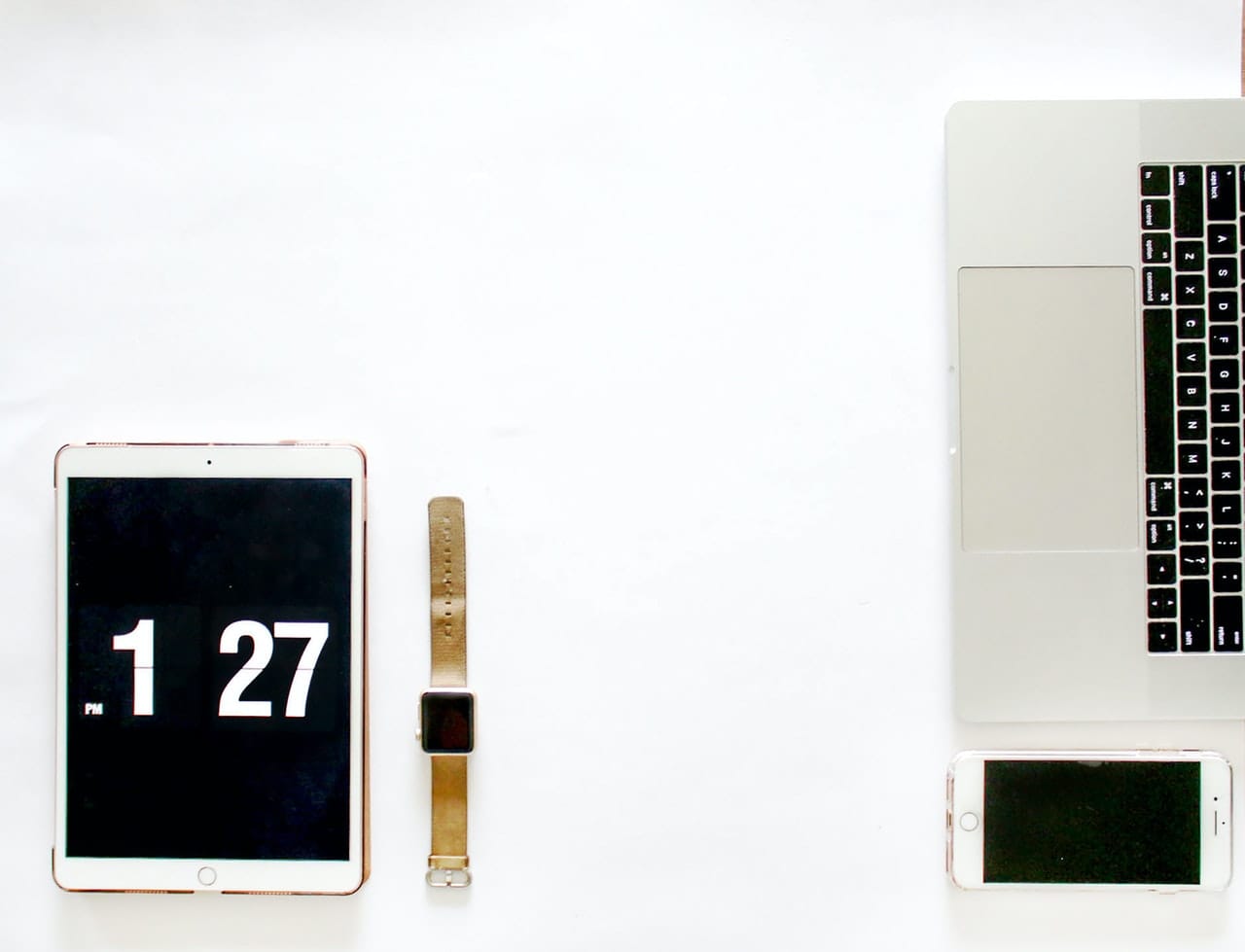Identity theft is common today. So common that most people already know what it is: when criminals steal any of your personal information such as social security number, driver’s license number, or bank cards and use these numbers to steal cash, buy items, open new accounts, and so on…all in your name.
Some services like Experian and LifeLock help you monitor your credit and notify you when your identity has been stolen. Most banks even have safeguards in place to help protect your accounts, your money, and your creditworthiness. But what can you do to catch the thief who stole your life?
Here are a few initial ways to stay safe online so that your doppelganger doesn’t get a chance to steal your life or your money:
- Make sure your passwords are different for each website or account and that they are strong enough to be unguessable by online criminals. Experts recommend using eight or more letters and numbers in a combination that is not easy to guess, don’t use pet or children’s names, and change them often.
- NEVER carry your social security card in your wallet or purse. This tiny piece of paper needs to be locked up somewhere safe because those eleven digits are very valuable to thieves and criminals who are trying to steal your identity. Also safeguard your children’s numbers as well as any loved ones who have died – some thieves steal social security numbers from these vulnerable groups and no one is none the wiser until the bills come rolling in.
- Always be suspicious when it comes to opening emails with attachments. If it comes from someone you don’t know or if it looks fishy, take a good long look at it before opening it. The attached files or programs could possibly get personal information from you or it could release a systemwide virus or malware on your machine. If you get an email that doesn’t look right, verify it came from the stated place by visiting their website in a new browser.
- An easy way to make sure you are safely browsing is to make sure your websites always begin with “https” in the URL and the little lock symbol. This indicates that the site uses encryption technology, which keeps you safe as you shop online. Secured connections are always one way to put your mind at ease.
If you have been a victim of identity theft immediately contact the police, your bank, your credit cards, and any other entities that may be included in the theft. The quicker you act, the better chance you have of stopping it before it gets out of hand. The authorities can file a report and you will be asked to fill out an impersonation report. This is so the police will have your actual photo, fingerprints, etc. in their database while they are trying to catch the actual perpetrators.
So once your identity has been stolen and the police notified, what then? Is there anything you can do personally to try and track down the criminal? Here is one man’s story of what happened after his identity was stolen.
Dallas entrepreneur Thomas had his identity stolen several years ago. The thieves who bought his ID off the internet applied for a new Citicard MasterCard in his name without him even knowing his identity had been stolen. “Luckily, before issuing the card,” Thomas said, “Citi called me to confirm the mailing address, which was in Chicago. I live in Texas. That stopped the theft right there.” But it left Thomas feeling unsettled and wanting to do more than just stop the perpetrators. He wanted to find the thief.
Thomas was finally able to get the Chicago mailing address from the bank and was able to view it in Google Street view and saw a house with a mailbox. Next, he tried to file a police report with local and state authorities (the Federal Trade Commission is the agency, via identitytheft.gov). “This went nowhere,” he said. “Local police weren’t equipped to handle this sort of case. As for the FTC, when they heard that no money had been stolen, my case fell off their radar.”
Because the authorities had exhausted their resources and come up empty, Thomas thought it might be time to hire a private investigator. “A PI could check into who owns that home in Chicago and perform in-person surveillance to catch the thief,” Thomas said. The contact at the FTC also told Thomas that identity thieves often use the addresses of abandoned homes, which they check once a week to pick up the mail. A private investigator could perform surveillance to spot this and follow the thief.
As Manhattan private investigator Darrin Giglio says, “A private eye can investigate on your behalf when police can’t or won’t do the job. We can put boots on the ground and catch that identity thief for you.” This may be a viable option if you are really looking to catch your doppelganger and bring them to justice.










